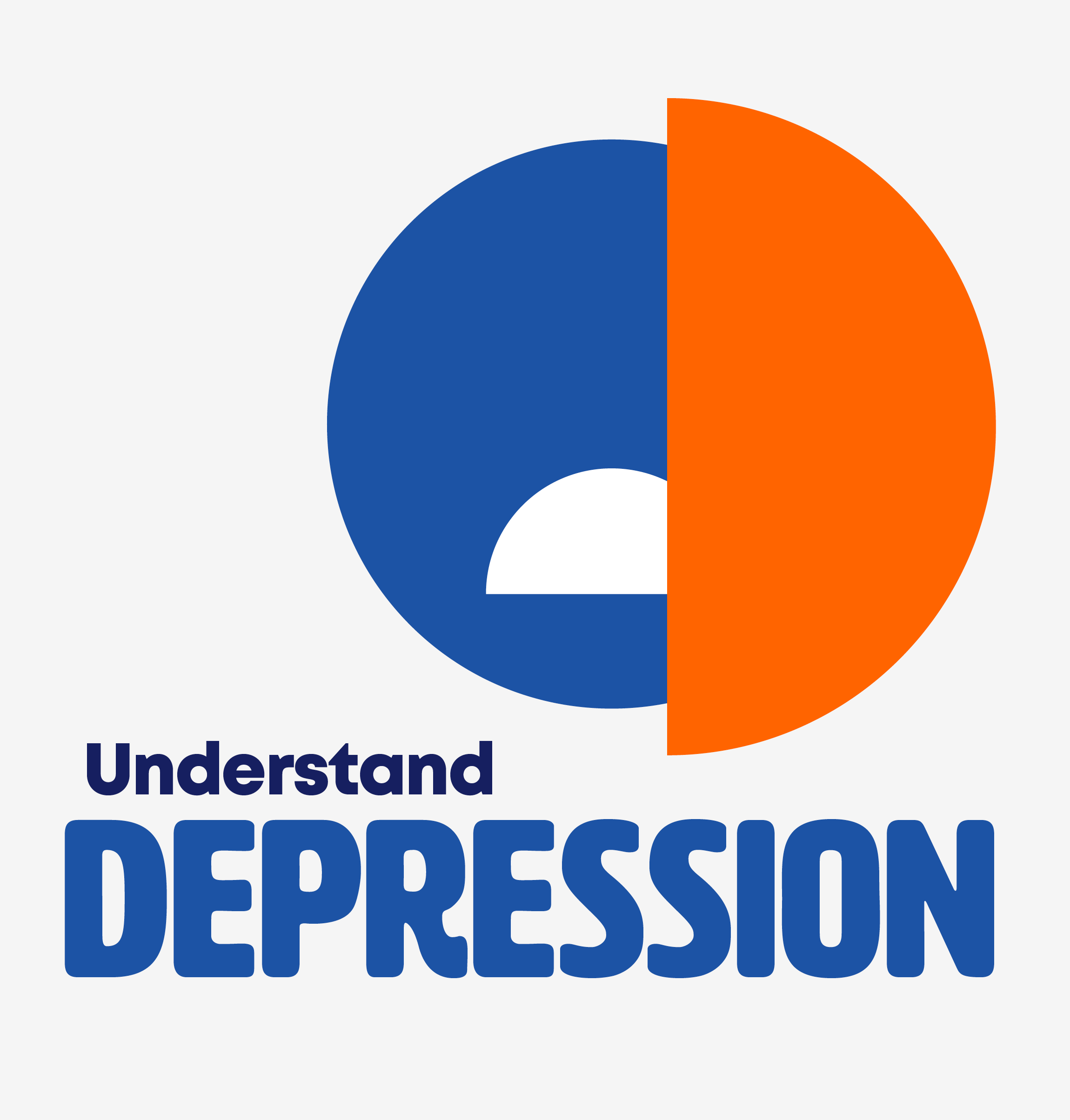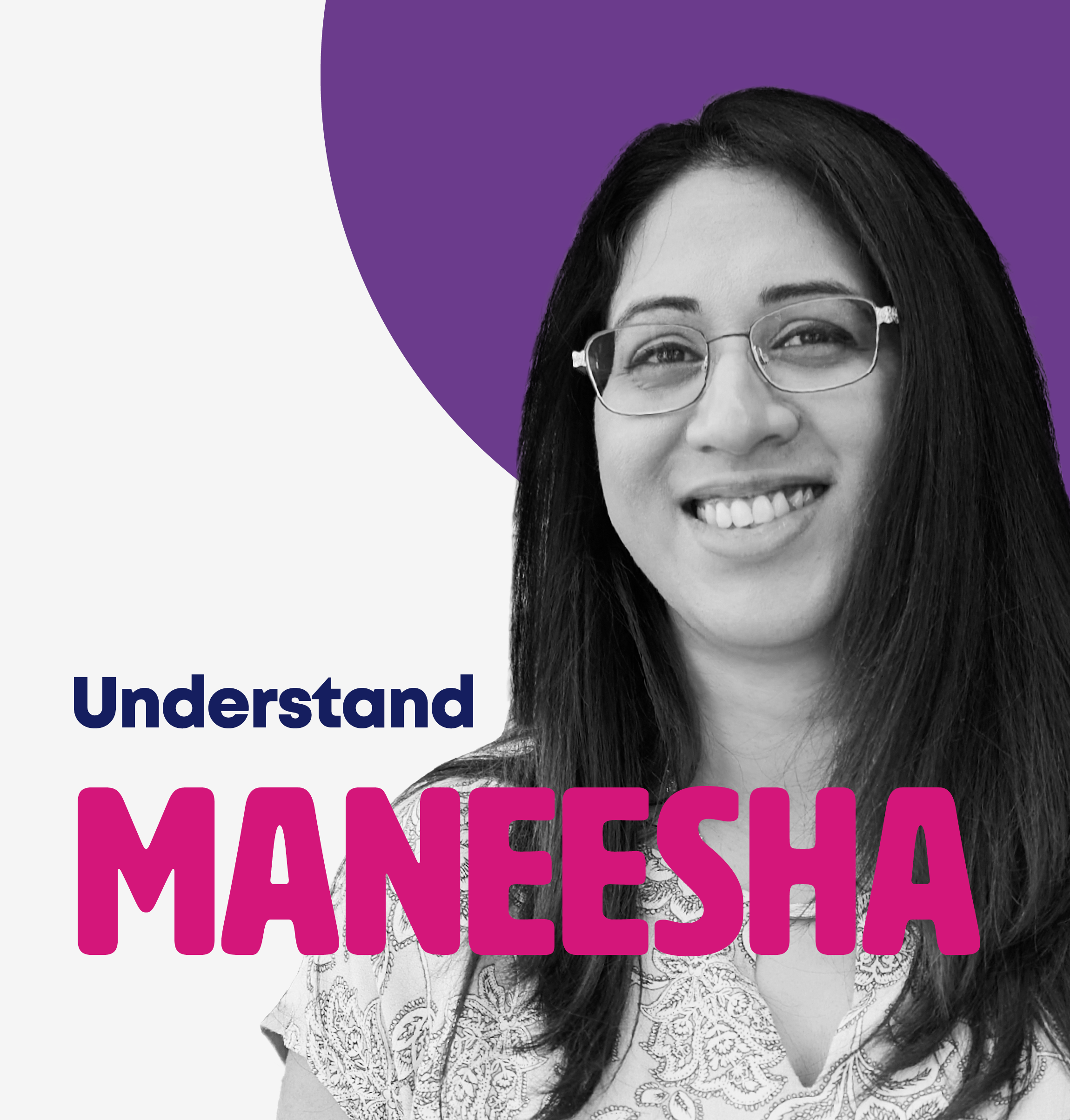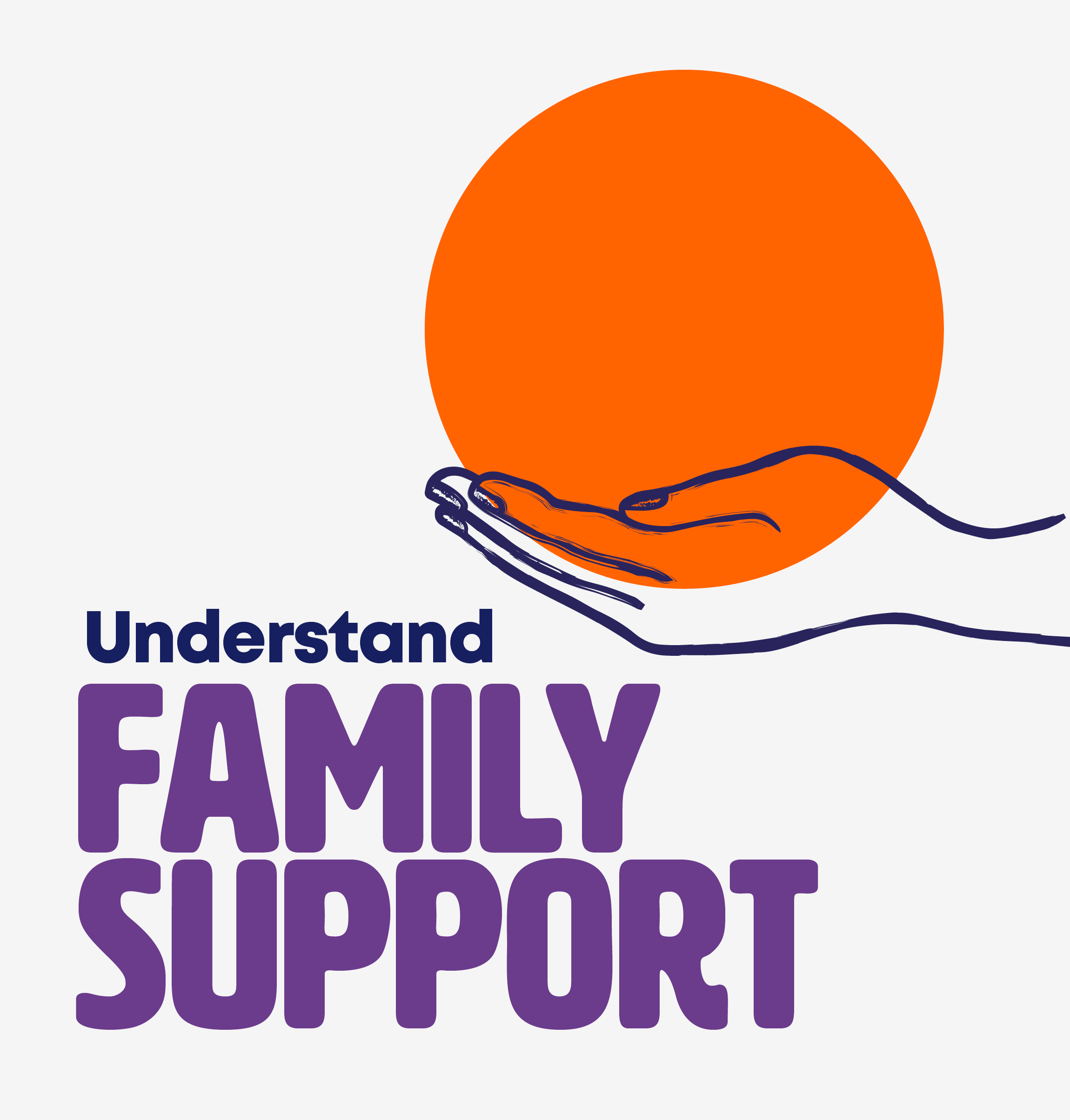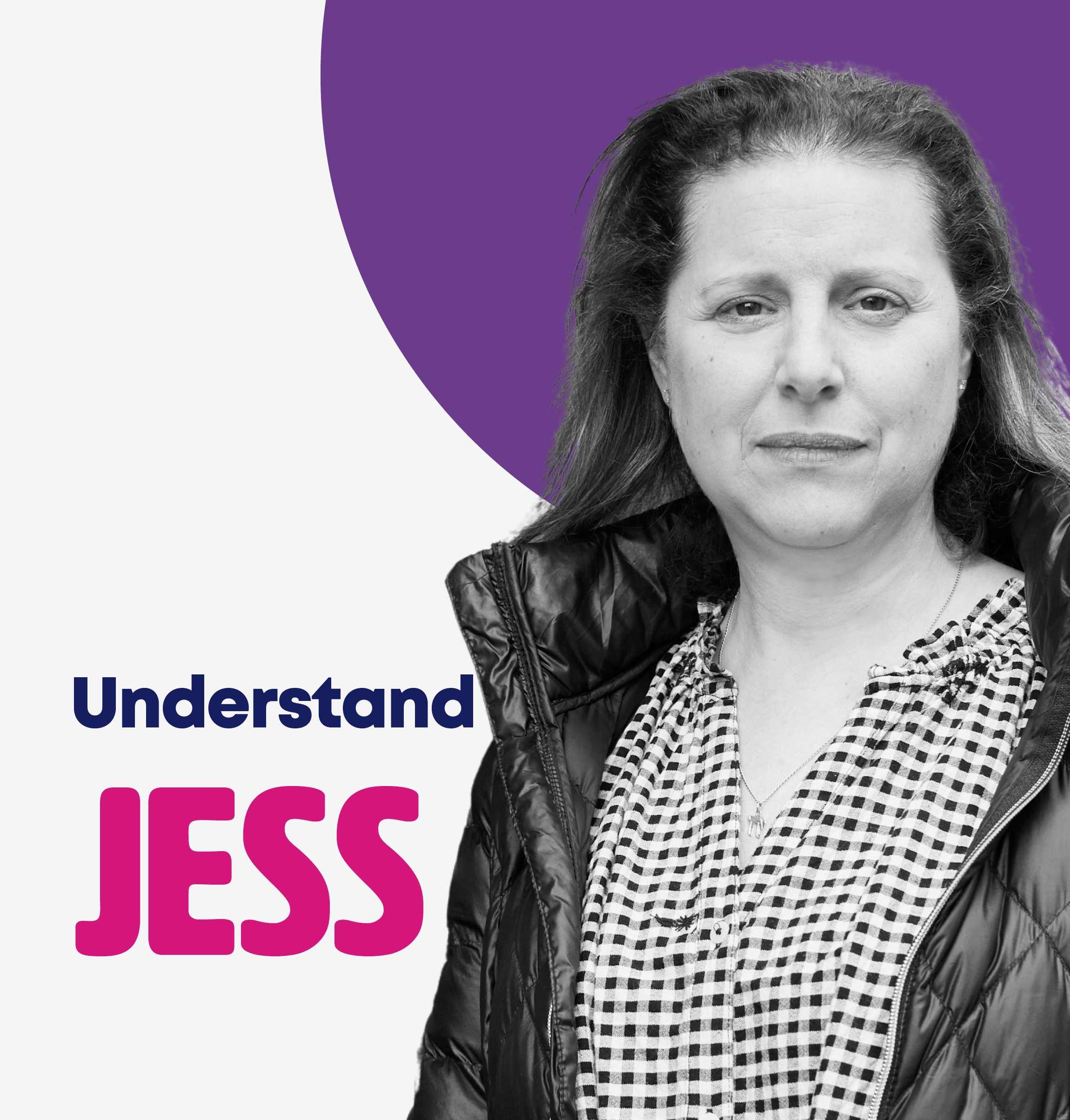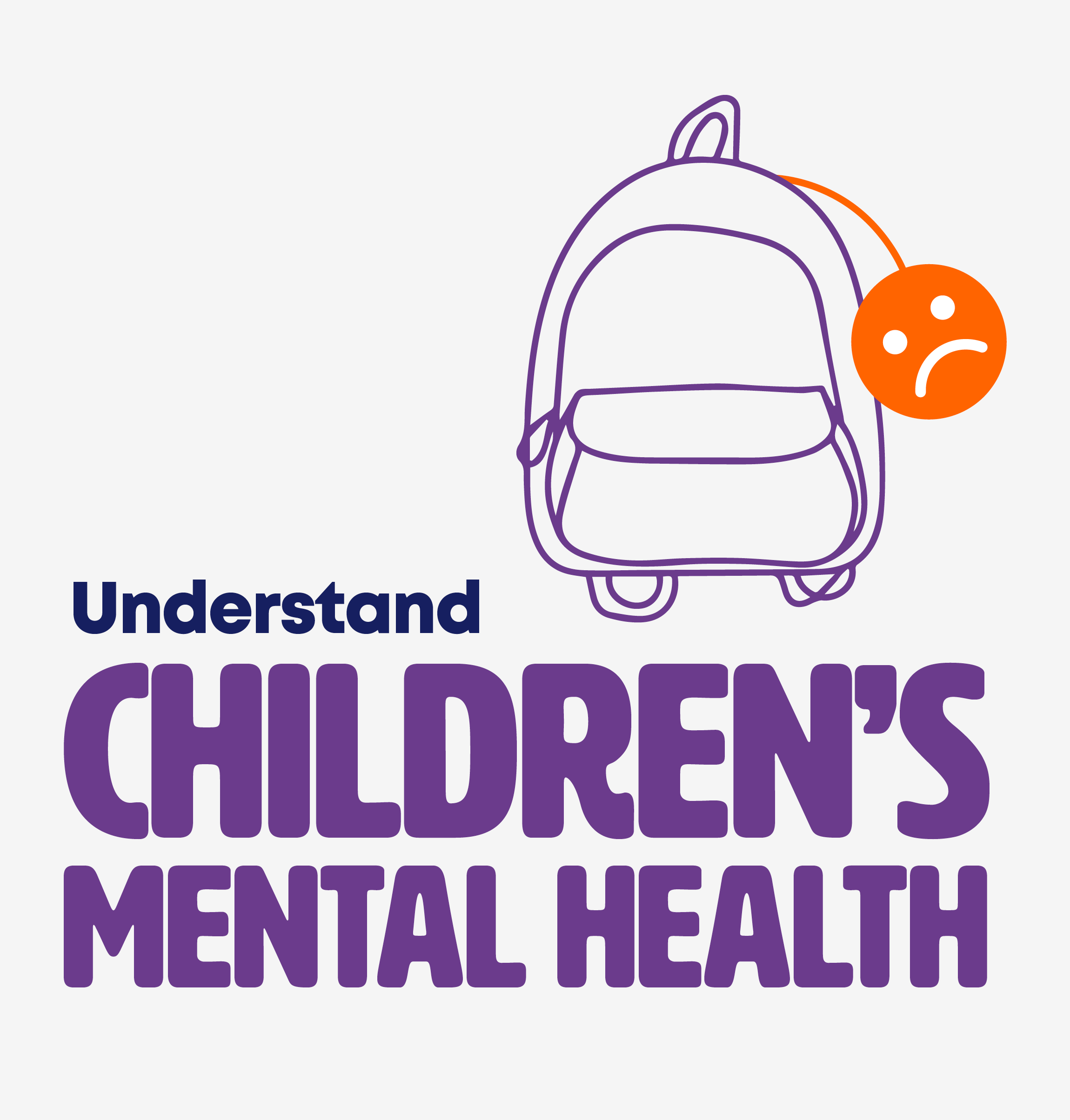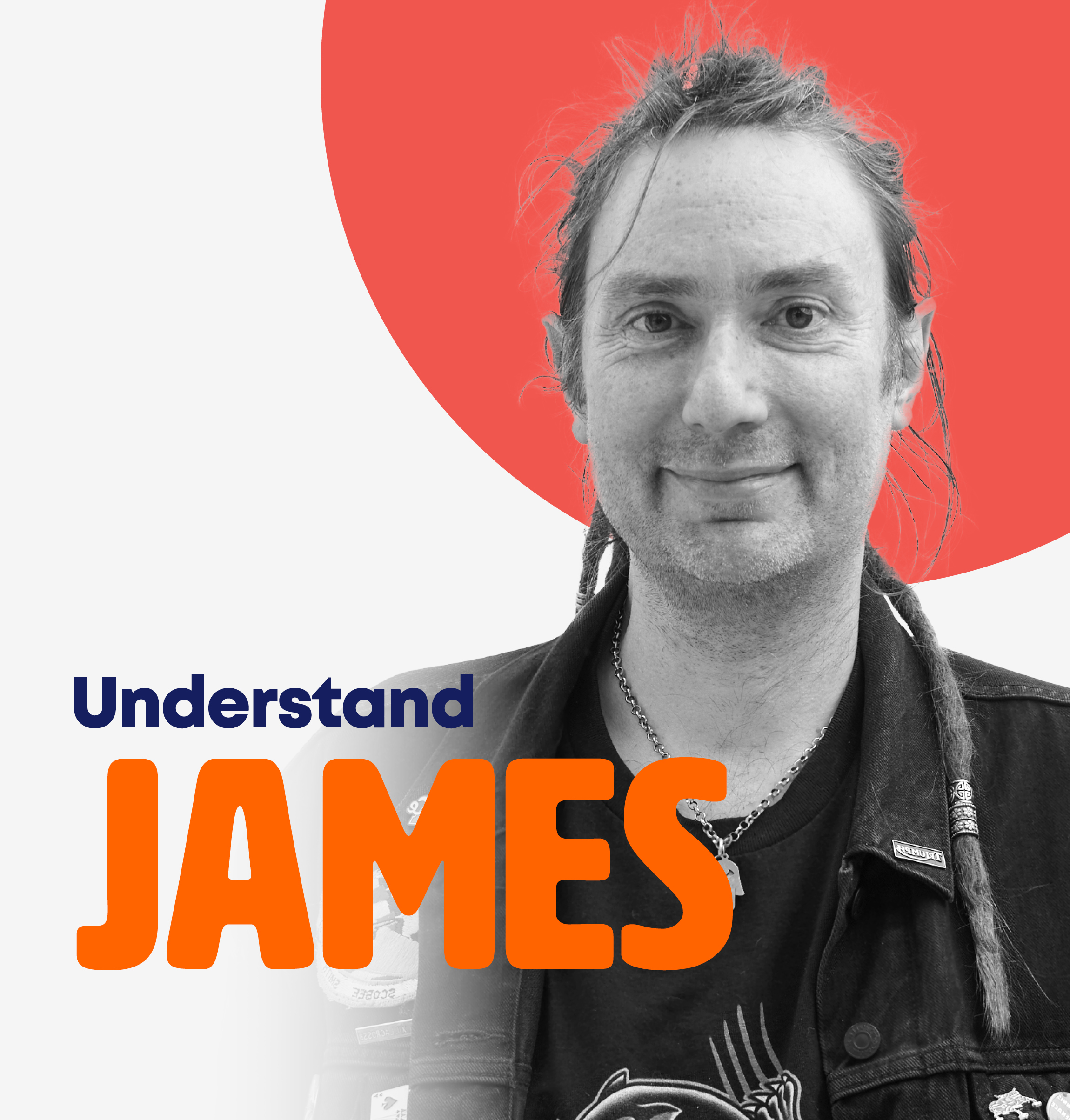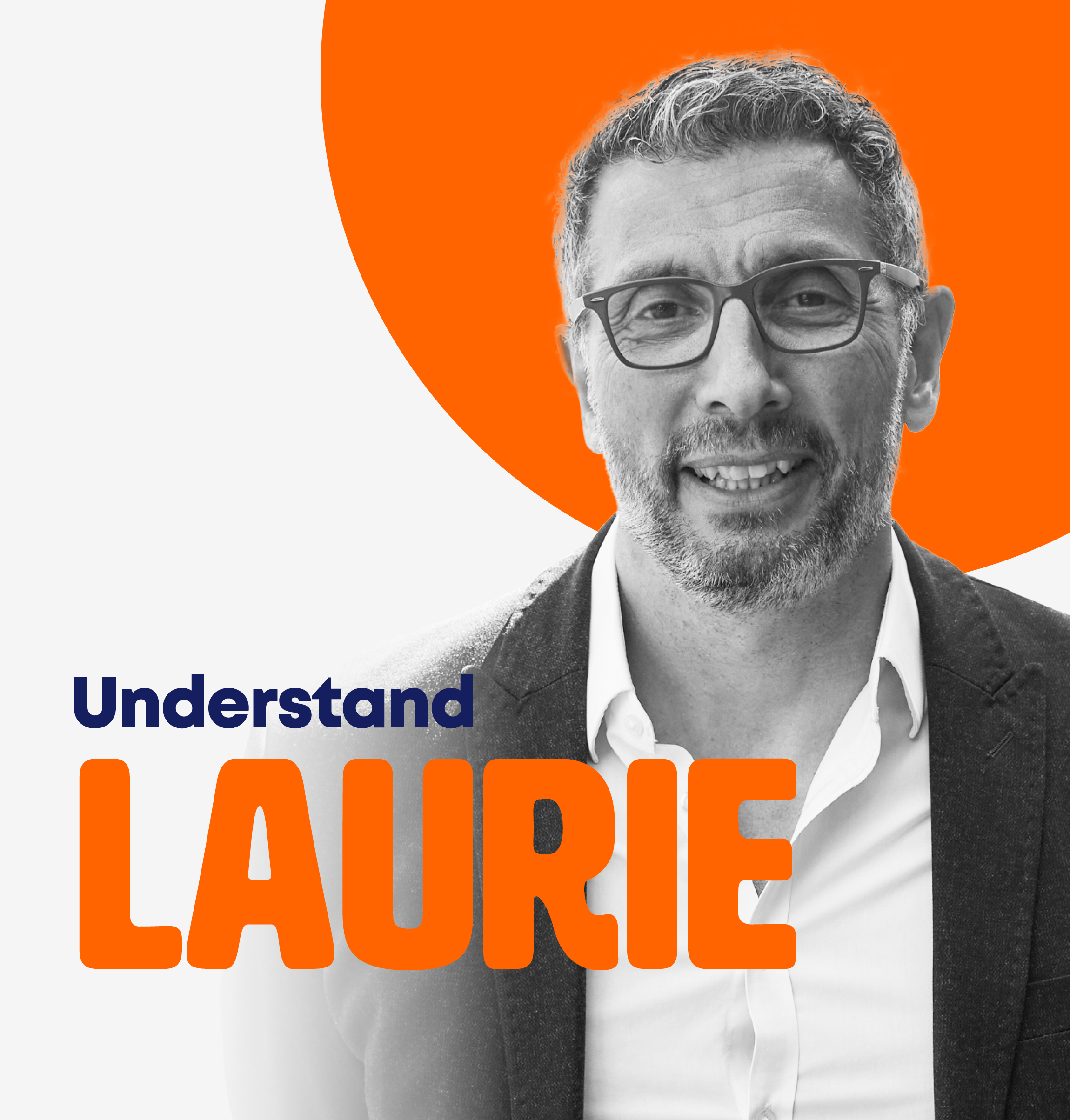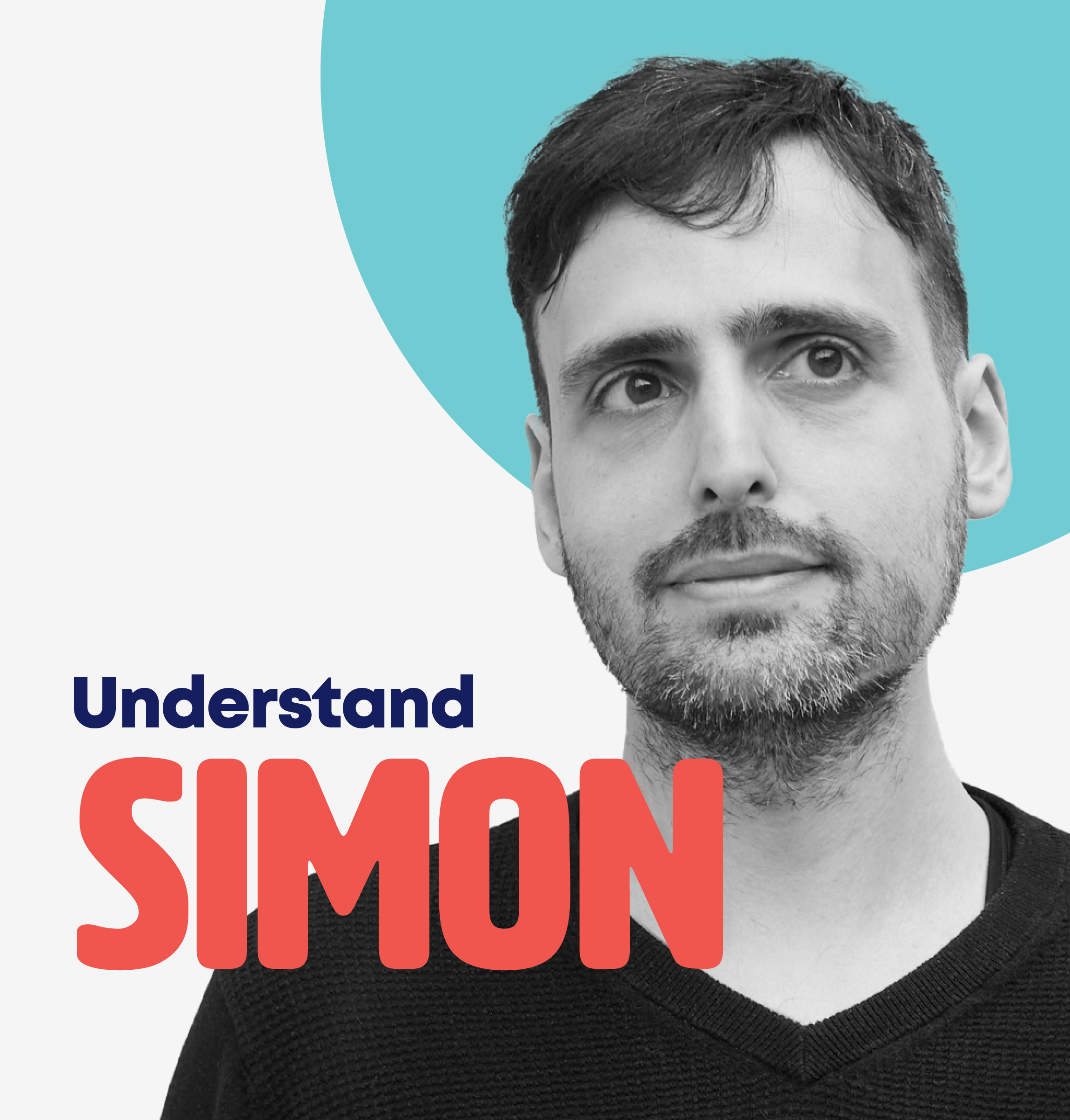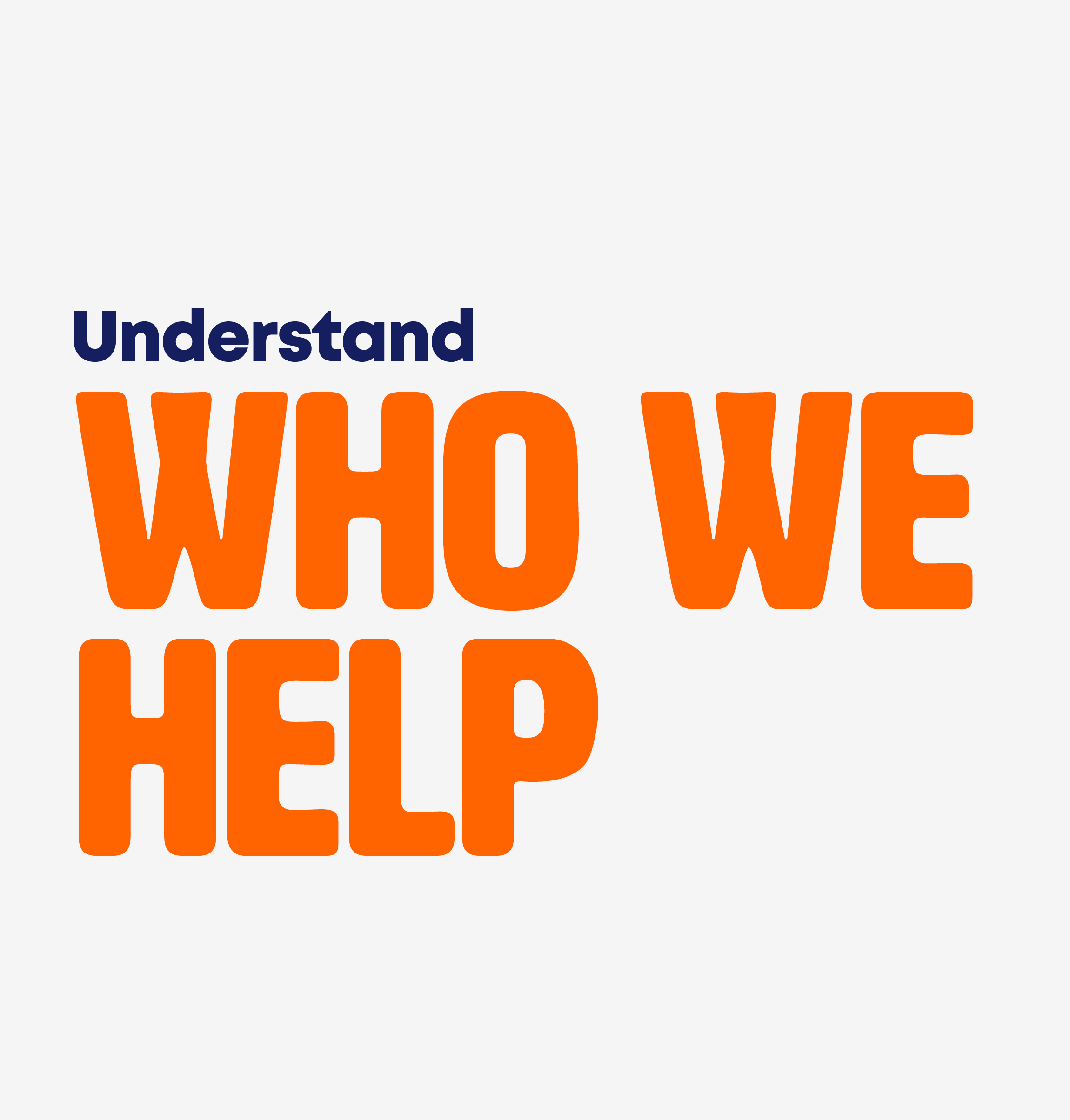
Being lonely can increase our risk of depression and anxiety.
Many of us experience loneliness at one time or another, but it is often overlooked or dismissed. And in a society that prides itself on self-reliance, loneliness can carry a stigma for people who admit to it. (The Lonely Society Report, Mind)
According to research, being lonely is associated with an increased risk in depression, anxiety and even cardio-vascular disease. Additionally, a common consequence of mental health problems is an increase in loneliness as we get into a spiral of loss of social contact and feeling too ‘unworthy’ to reach out to people.
However, isolation is rarely a choice. It’s a consequence of loss and distress in our lives and adds to challenges with our mental health. Conversely, authentic and meaningful social contact can increase our confidence and self-worth, lower our stress hormones and promote wellbeing.
So how can we combat this hidden health burden and bring back joy and a sense of wellbeing?
We can feel loved and cared for by anyone. We’re not talking about romantic love but the connections between us – person to person. Warm human connections, conviviality and camaraderie are qualities that make us feel good and may help us live longer.
Our communities, which are often organised around a synagogue but equally can be found in schools, sports clubs, special interest groups or university J-Socs, may be a powerful social key to unlock the power of connection and health. According to a report by the Institute for Jewish Policy Research on the mental health of the UK’s Jewish community, community membership offers a degree of practical support, welcome contact, opportunities to volunteer and, crucially, a general sense of purpose and belonging.
“Social capital” is a phrase that has been bandied about by politicians and lay leaders in recent years and refers to the value of social connection. It encapsulates how we feel about where we live, as well as those we meet. Capital is usually understood as the ability to use wealth to leverage privilege. However, social capital is not measured by finance but by people power. We can leverage social capital through our connections – by being with other people we trust and who respect and value us.
Jami offers social connection through our programme of online events and in person through our Head Room café and hub activities. Jami’s resources offer many individuals social capital – to those who use our services and those who offer them by working or volunteering.
For example, Jami is actively tackling loneliness through our Compeer Befriending programme, which aims to reduce loneliness and isolation through regular phone calls or meet-ups in the community with a Compeer volunteer. Through a one-to-one match, Compeer volunteering seeks to combine friendship with practical support to increase social connections and promote independence and recovery.
Stephen, one of our Compeer volunteers, says: “Loneliness burdens so many lives. Having a regular friendly chat with someone can lighten that burden. It gives a lonely person something to look forward to as well as to enjoy. As a befriender, you make a significant difference to a lonely person by raising their spirits.”
We are indeed stronger together and we can fuel and maintain social capital by kindness and action. So, leverage up your social capital and make those life-enhancing, perhaps even lifesaving, connections for others and for yourself. We have that power between us.
If you would like to get involved in volunteering at Jami, please click here.
